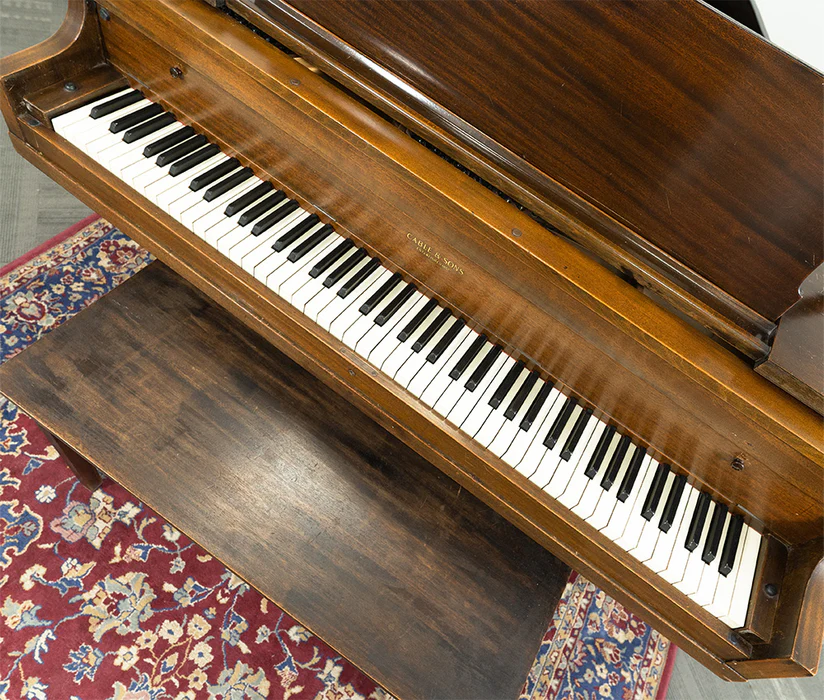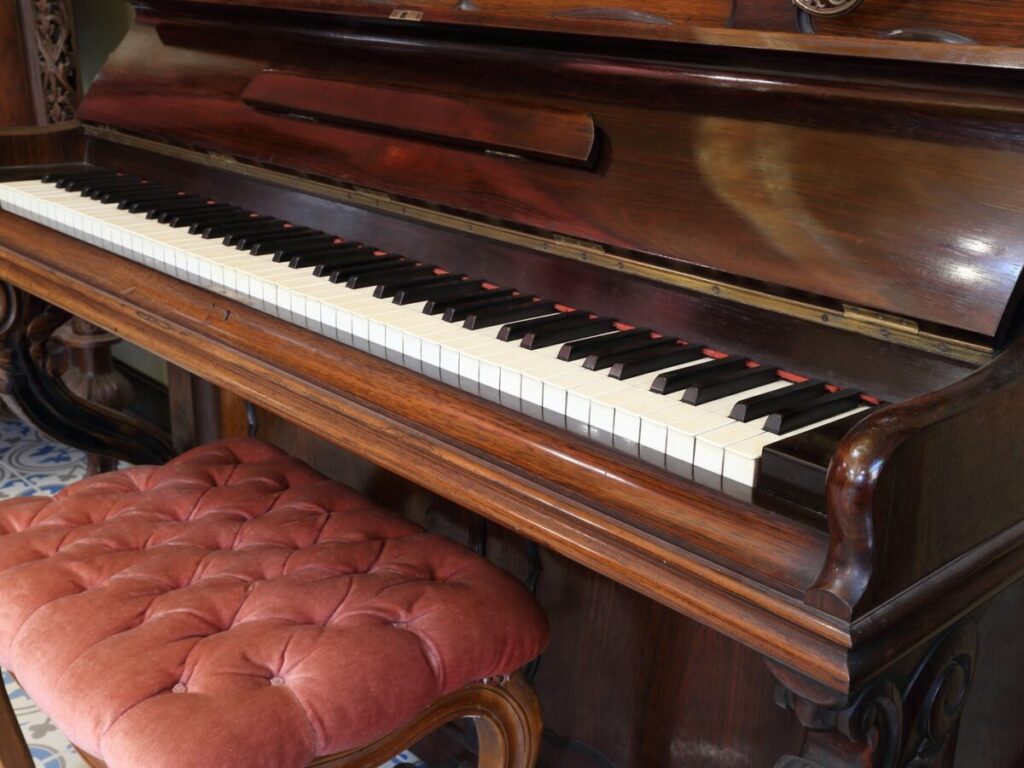A piano is more than just an instrument; it’s an heirloom, a center of creativity, and an investment that deserves proper care to ensure it lasts for generations. Whether you play it daily or only on occasion, keeping your piano in top condition is essential to preserving its sound, beauty, and longevity. In this guide, we will walk you through key steps on how to extend the life of your piano, ensuring it continues to perform at its best for many years to come.
Understanding Your Piano’s Sensitivities
Pianos are complex instruments made up of thousands of delicate parts, including strings, hammers, keys, and a wooden soundboard. Each of these elements requires care and attention to maintain the piano’s overall performance. Pianos are highly sensitive to their environment, so it’s crucial to understand how external factors such as humidity, temperature, and regular use can affect the longevity of your instrument.

Regular Tuning Is Crucial
Tuning is one of the most important aspects of piano care. Over time, the strings in your piano stretch and contract due to the natural tension they are under, causing the instrument to go out of tune. Experts recommend tuning your piano at least twice a year to maintain its sound and ensure that all components work in harmony.
Regular tuning not only keeps your piano sounding its best but also prevents long-term damage. Pianos that are left out of tune for extended periods can develop more severe mechanical issues. Scheduling regular tunings will help extend the life of your piano and protect your investment.
Humidity Control
Pianos are highly sensitive to changes in humidity. Fluctuating humidity levels can cause the wood in your piano to expand or contract, leading to cracks in the soundboard or misalignment in the keys. Ideally, the humidity in the room where you keep your piano should be maintained between 40-45%.
To ensure the longevity of your piano, invest in a humidity control system, especially if you live in an area where seasonal changes can dramatically affect indoor air conditions. Keeping your piano in a stable environment will prevent these issues and keep it performing optimally.
Keep Your Piano Clean and Free of Dust
Dust and dirt can accumulate on and inside your piano, causing unnecessary wear over time. The exterior of the piano can be kept clean with regular dusting using a soft, dry cloth. Be cautious not to use any abrasive cleaners or polishes that could damage the finish.
The interior, however, should be left to a professional technician, as opening the piano for cleaning requires specialized knowledge. Dust inside the piano can affect the strings and hammers, ultimately impacting the sound quality. Periodic professional cleanings will help ensure the longevity of your piano.
Play Your Piano Regularly
While it may seem surprising, regularly playing your piano helps maintain its condition. The internal mechanics of a piano are designed for use, and regular playing keeps the components in good working order. It also allows you to identify any potential issues, such as sticky keys or irregular sounds, early on.
If you notice any problems while playing, addressing them promptly can prevent further damage and costly repairs. Regular use also ensures that your piano stays in tune longer and performs to its full potential.

Schedule Annual Inspections
Just like any fine instrument, your piano benefits from regular inspections by a professional technician. Annual checkups allow technicians to spot potential problems before they become major issues. Components like strings, hammers, and keys can wear out over time, and early detection can save you from costly repairs later on.
Technicians can also adjust the action of the keys, ensuring that your piano plays as smoothly as possible. This type of maintenance is essential for the long-term health of your piano, ensuring it stays in optimal playing condition for years to come.
Protect Your Piano from Heat and Sunlight
Heat and direct sunlight can cause severe damage to your piano. High temperatures can dry out the wood, leading to cracks, while sunlight can fade the piano’s finish and cause the wood to warp. It’s important to place your piano in a location where it’s protected from both heat sources and direct sunlight.
Placing your piano along an interior wall, away from windows or heating vents, is ideal. This will help maintain the structural integrity of the piano and ensure that it remains in excellent condition for the long term.
Handle Minor Repairs Promptly
Even the best-maintained pianos can develop small issues over time. Whether it’s a key that sticks or a pedal that squeaks, addressing these minor repairs as soon as they arise is essential to preventing more significant problems down the line.
Promptly fixing small issues can prevent them from becoming larger, more expensive repairs. If you notice any signs of wear or mechanical problems, don’t wait—contact a professional technician to have them repaired right away.
Cover Your Piano When Not in Use
When your piano is not in use, covering it can provide an additional layer of protection. A piano cover helps shield the instrument from dust, dirt, and potential damage. If you don’t have a cover specifically designed for your piano, even a soft blanket can serve as a protective layer.
Regularly covering your piano helps preserve its finish and protects the internal components from dust buildup, ensuring that your piano remains in pristine condition.
Why Choose Us
At TX Pianos, we are dedicated to providing exceptional care for your instrument. Whether you need routine maintenance, tuning, or more complex repairs, our team of experts is here to help. We understand that every piano is unique, and we tailor our services to meet your instrument’s specific needs. With years of experience serving the Austin and San Antonio areas, we have built a reputation for excellence. Choose TX Pianos for all your piano care needs, and let us help you extend the life of your piano for future generations to enjoy.
Final Thoughts
Your piano is a valuable investment that can provide a lifetime of enjoyment, but it requires regular care and maintenance to keep it in top condition. By following these essential steps—regular tuning, maintaining proper humidity, keeping the piano clean, and scheduling annual inspections—you can extend the life of your piano and protect its value.
If you’re in need of expert care or repairs for your piano, we invite you to contact us at TX Pianos. Our team is ready to assist you in keeping your instrument in the best shape possible. Reach out to us today to schedule your next appointment and ensure the longevity of your beloved piano.